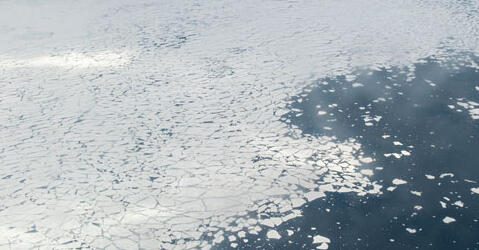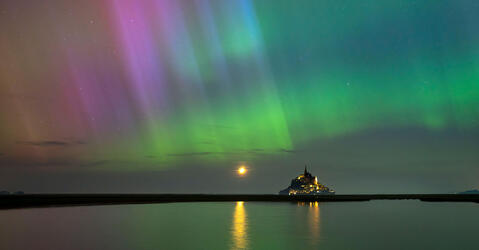You are here
Earth
In the face of the climate emergency, techniques for removing CO₂ dissolved in seawater have raised some hopes and much concern. How to proceed? What rules should be established? Who should be in charge? The CNRS biogeochemist Olivier Sulpis, who is tasked...
Article
01.08.2026
In 2015, the historic Paris Agreement, signed by 195 countries, sought to limit global warming to 2 °C. Ten years later, the results have yet to materialize, raising questions regarding the effectiveness of COP meetings, major climate gatherings whose...
Article
11.09.2025
The huge fires that burn down millions of hectares of forest in North America every year have an impact on the other side of the Atlantic. Plumes of smoke and various other pollutants have been detected in the skies over France and beyond, explains the...
Article
10.22.2025
A name frequently associated with plate tectonics is that of the German meteorologist Alfred Wegener. However, another one would deserve recognition: that of the American cartographer Marie Tharp, who made a major contribution to the development of the theory...
Article
07.16.2025
03.19.2025
How to measure the dislocation of ice floes, the immense expanses of ice floating in polar seas? Easy! Create a model of the ice pack, find the best way to shake it, and watch as it breaks under the...
03.18.2025
Over the past few months, our planet has been ìmpacted by intense solar flare activity on the Sun. This phenomenon, which caused the polar auroras that have been lighting up European skies up until...





